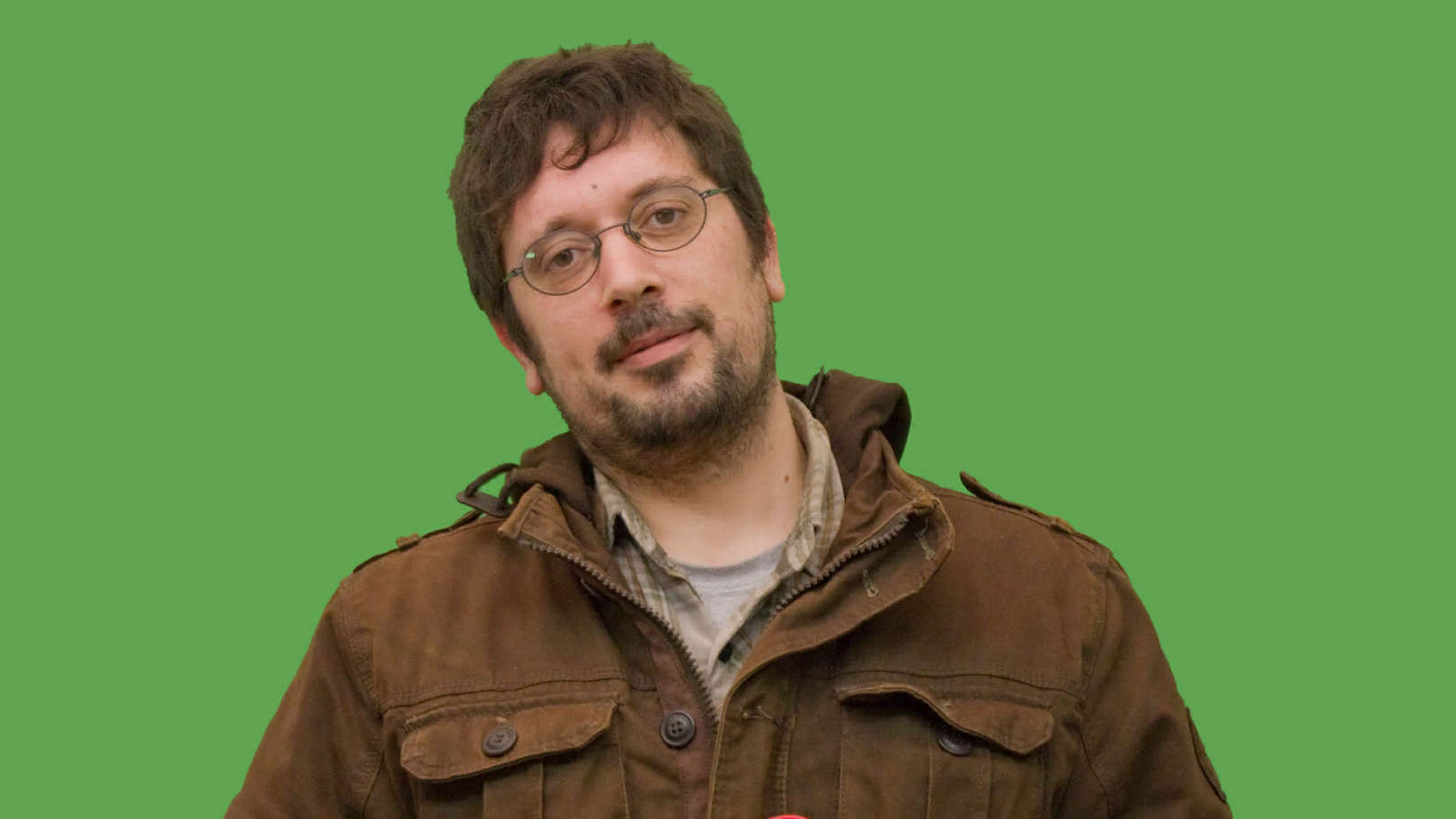Detalhes
Nome
Luís Pimentel TrigoCargo
Investigador Colaborador ExternoDesde
18 abril 2013
Nacionalidade
PortugalCentro
Laboratório de Inteligência Artificial e Apoio à DecisãoContactos
+351220402963
luis.p.trigo@inesctec.pt

2024
Autores
Trigo, L; Silva, C; de Almeida, VM;
Publicação
INTERNATIONAL JOURNAL OF HUMANITIES AND ARTS COMPUTING-A JOURNAL OF DIGITAL HUMANITIES
Abstract
Phonology is a linguistic discipline that is naturally computational. However, as many researchers are not familiar with the use of digital methods, most of the computation required is still performed by humans. This article presents a training experiment of master's students of the phonology seminar at the University of Porto, bringing the research process directly to the classroom. The experiment was designed to raise students' awareness of the potentialities of combining human and machine computation in phonology. The Centre for Digital Culture and Innovation (CODA) readily embraced this project to showcase the application of digital humanities as humanities in both research and training activities. During this experiment, students were trained to collect and process phonological data using various open-source and free web-based resources. By combining a strict protocol with some individual research freedom, the students were able to make valuable contributions towards Creolistic Studies, while enriching their individual skills. Finally, the interdisciplinary nature of the approach has demonstrated its potential within and beyond the humanities and social sciences fields (e.g., linguistics, archaeology, history, geography, ethnology, sociology, and genetics), by also introducing the students to basic concepts and practices of Open Science and FAIR principles, including Linked Open Data.
2024
Autores
Silva, C; Trigo, L;
Publicação
Proceedings of the 16th International Conference on Computational Processing of Portuguese, PROPOR 2024, Santiago de Compostela, Galicia/Spain, 12-15 March, 2024
Abstract
2023
Autores
Correia, A; Guimaraes, D; Paredes, H; Fonseca, B; Paulino, D; Trigo, L; Brazdil, P; Schneider, D; Grover, A; Jameel, S;
Publicação
IEEE TRANSACTIONS ON HUMAN-MACHINE SYSTEMS
Abstract
Visualizing and examining the intellectual landscape and evolution of scientific communities to support collaboration is crucial for multiple research purposes. In some cases, measuring similarities and matching patterns between research publication document sets can help to identify people with similar interests for building research collaboration networks and university-industry linkages. The premise of this work is assessing feasibility for resolving ambiguous cases in similarity detection to determine authorship with natural language processing (NLP) techniques so that crowdsourcing is applied only in instances that require human judgment. Using an NLP-crowdsourcing convergence strategy, we can reduce the costs of microtask crowdsourcing while saving time and maintaining disambiguation accuracy over large datasets. This article contributes a next-gen crowd-artificial intelligence framework that used an ensemble of term frequency-inverse document frequency and bidirectional encoder representation from transformers to obtain similarity rankings for pairs of scientific documents. A sequence of content-based similarity tasks was created using a crowd-powered interface for solving disambiguation problems. Our experimental results suggest that an adaptive NLP-crowdsourcing hybrid framework has advantages for inter-researcher similarity detection tasks where fully automatic algorithms provide unsatisfactory results, with the goal of helping researchers discover potential collaborators using data-driven approaches.
2023
Autores
Silva, CRSe; Pimentel Trigo, LM;
Publicação
Annual International Conference of the Alliance of Digital Humanities Organizations, DH 2022, Graz, Austria, July 10-14, 2023, Conference Abstracts
Abstract
2023
Autores
Almeida, Vera Moitinho de; Silva, Carlos Sousa e; Trigo, Luís;
Publicação
Abstract
The access to the final selection minute is only available to applicants.
Please check the confirmation e-mail of your application to obtain the access code.

